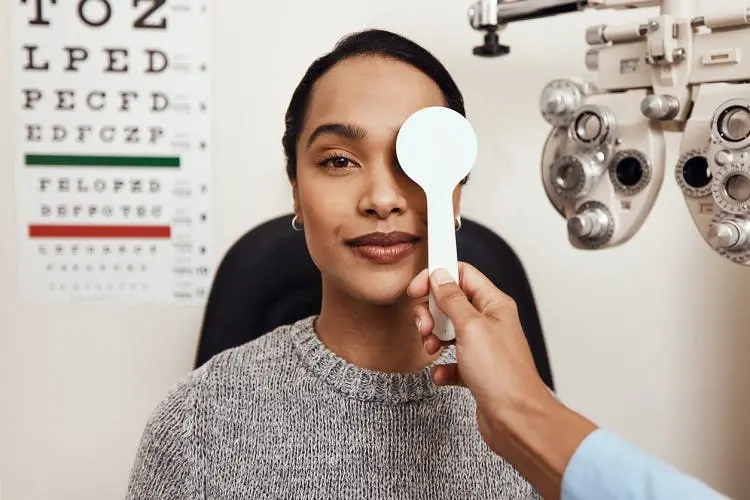As essential as vision is to navigating everyday life, many people aren’t aware of the different aspects of vision that affect our lives. Along with being able to see clearly, your eyes work together with your brain in a functional capacity, influencing your thinking, memory, perceptions, and even your balance and coordination.
For these reasons, if vision problems remain untreated, physical and occupational rehabilitation can only go so far in helping your stroke recovery efforts along. Read on as a Fort Worth, TX optometrist discusses how vision problems can slow or even stunt your stroke recovery progress and what you can do about it.
Stroke Effects That Often Go Untreated
Your brain consists of an interconnected network of subsystems that work together in unison, and vision is one of the subsystems. The structures that make up the eye determine visual acuity or clarity. However, the eyes also work together with your brain to assign meaning to the things you see.
When the eyes have difficulty working together as a team, this can interfere with their ability to relay information to your brain. In fact, vision regulates 80 to 85 percent of your learning, cognitive, and perceptual abilities. If these kinds of vision problems go untreated, the stroke recovery process becomes much more difficult.
Here are just a few areas impacted by vision problems that often go untreated for people recovering from a stroke:
- Memory problems
- Blurred and/or double vision
- Problems with balance and coordination
- Dizziness
- Difficulty concentrating
- Unsteady gait
- Headaches
Vision Rehabilitation and Stroke Recovery – How Does It Work?
Recovering from a stroke can be a grueling process. This process becomes even more difficult when needed treatment interventions are lacking.
A comprehensive recovery plan must address the breakdown in communication between vision and the brain or else a patient’s recovery efforts may well come to a standstill. Vision rehabilitation is designed to specifically address the underlying conditions that interfere with perception, spatial orientation, balance, and coordination that so often affect people recovering from a stroke.
Optometrists trained in vision rehabilitation therapy conduct extensive evaluations to identify the extent to which the eyes-brain communication has been affected. From there, a personalized treatment plan aimed at restoring the communication lines between your eyes and brain is created.
If you have more questions about vision rehabilitation or wish to schedule a consultation, please feel free to call our Fort Worth, TX optometry office today.



